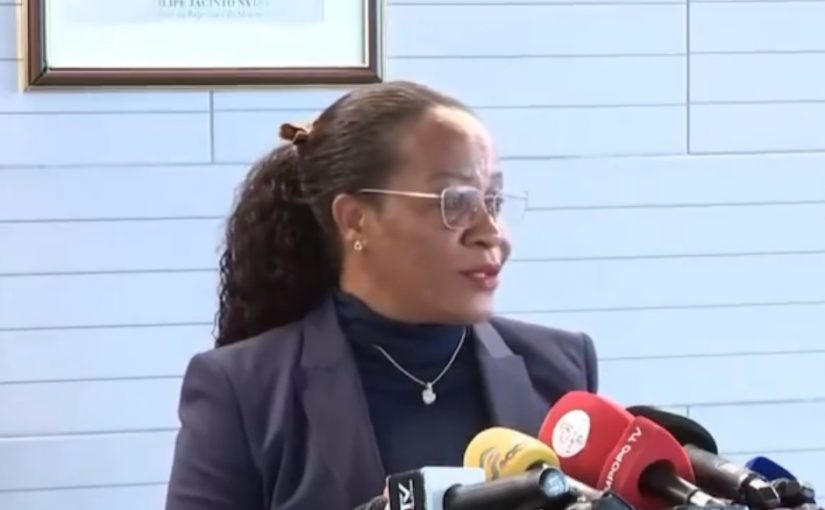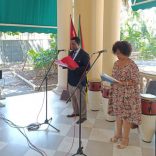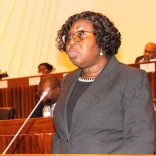Mozambique: "Conviction would be the political death of Mondlane," says jurist
Mozambique wants to study decentralisation models from other countries – Watch

Screen grab: Ministério da Justiça, Assuntos Constitucionais e Religiosos
Mozambique’s Minister of Justice, Constitutional and Religious Affairs said on Friday (21-07) that the country aims to study decentralisation models followed abroad in order to improve the process of handing over of powers to local authorities at home.
Helena Kida was speaking to journalists at the first meeting of the Commission for Reflection on the Decentralization Model (CREMOD), a multi-sectoral entity created by the Mozambican Council of Ministers on the 11th of July for reflection and public consultation on the country’s decentralisation model.
“We have some plans to bring some experience from outside the country, so that we can enrich what decentralisation in the country is,” she emphasised, stressing that the goal was to assess the “applicability” in Mozambique of practices followed in other states.
With 23 members from various quarters of Mozambican society and a duration of two years, she continued, CREMOD has a broad composition and was mandated to collect contributions aimed at improving the current process of administrative and territorial reorganisation of the Mozambican state.
“Of course, this is what concerns us today: what is the best system we can use in terms of decentralisation,” she stressed.
In this sense, Helena Kida said, the current model of decentralised governance should be studied, considering constitutional, political, administrative, social and financial factors.
The coexistence and articulation between the central, provincial, autarchic and district powers should also be analysed, especially in a scenario in which the districts will have elected administrators, she added.
The Minister of Justice, Constitutional and Religious Affairs pointed out that Cremod has a multidisciplinary composition, comprising representatives of political parties, religious denominations and academics, and aimed at generating consensus among highly varied sensibilities.
CREMOD succeeds the Election Reflection Commission (CRED), created to assess the feasibility of holding the first district elections in 2024 and wound up in April.
CRED recommended that the government postpone district elections, given the potential for a conflict of powers between the elected district bodies and provincial governments, advocating a more comprehensive reflection on the entire decentralisation process in the country before proceeding.
Following this recommendation, the Assembly of the Republic convened an extraordinary session for August to debate a project for a specific revision of the Constitution of the Republic with a view to postponing the vote.
The direct election of provincial governors since 2019 and district administrators from 2024, instead of them being appointed by central government, was written into the Constitution in 2018 as a counterpart to the demobilisation of the armed wing of the Mozambican National Resistance (Renamo), the main opposition party, which hopes to take power in some regions.













Leave a Reply
Be the First to Comment!
You must be logged in to post a comment.
You must be logged in to post a comment.